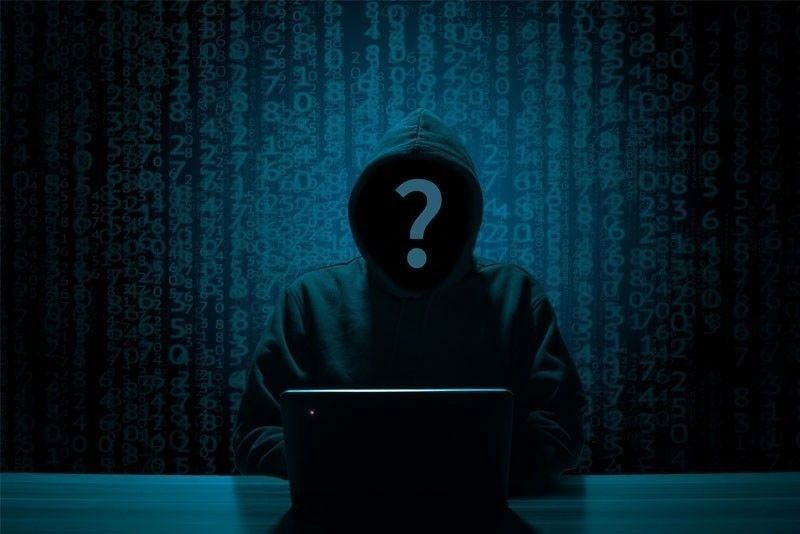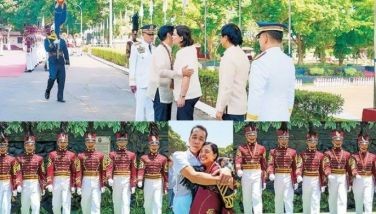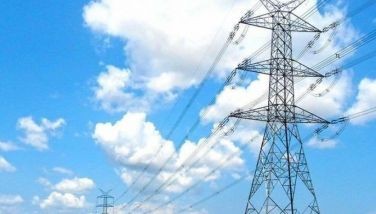Virtual report on US polls: Beware of trolls

MANILA, Philippines — The mainstream press and social media platforms in the US have learned their lessons from the Russian trolls’ interference in the 2016 presidential elections, a co-founder of FactCheck.org has said.
Kathleen Hall Jamieson, author of the book “Cyberwar: How Russian Hackers and Trolls Helped Elect a President,” was referring to the plan of Russian hackers and trolls to delegitimize the US election in 2016.
“Largely, the mainstream press and the platforms have learned the lesson on what I categorize broadly as ‘hack and release.’ You don’t know where the content came from, and you don’t have independent verification,” Jamieson told journalists participating in the virtual reporting tour on the 2020 US elections in a recent briefing.
The expert also said in 2016, the US press missed to conduct independent verification of hacked content, which is a violation of “a key journalistic norm.” She was referring to the media’s reporting of WikiLeaks, which published emails hacked from the Democrats.
Jamieson said YouTube now puts disclaimers on all postings that have government sponsorship.
“I think on the social media front, the platforms have been trying to identify and block inauthentic accounts and have been regularly taking them down,” she added.
“The US’ PBS, a public broadcaster, also carries that indicator, and I applaud that,” she said.
Jamieson said barriers have also been set for foreigners buying ads.
“The fact that the Russians bought some ads in rupees should have been a giveaway to the platforms that something was wrong, now it’s very hard to buy ads as a foreign national. So, the platforms have done some things,” she said.
Jamieson cited how the Russian trolls in 2016 mimicked US news sites and the Republican Party to gain legitimacy.
“In one case, (the Russian trolls) were mimicking the political party, the Republican political party in our state, Tennessee,” she said, referring to the account @ten_gop, ten stands for Tennessee and GOP for the Republican Party.
The US press, she said, were not aware that they were not the real Tennessee Republicans.
“As a result, (@ten_gop) were positioned in 2016 to move disinformation or magnify misinformation into the process by which we were reporting on our election,” Jamieson, a professor of communication at the University of Pennsylvania, and director of the University’s Annenberg Public Policy Center, said.
The US news media, she said, chose to focus coverage on WikiLeaks content to the disadvantage of then Democratic candidate Hillary Clinton.
“The hacked content was not subject to the traditional test of newsworthiness in some cases, the hacked content altered the media agenda... Also, at key moments, reporters took hacked content out of context... in the rush of dealing with thousands of pieces of new information, reporters were not as careful as they should have been and keeping it in context,” she said.
- Latest
- Trending



























